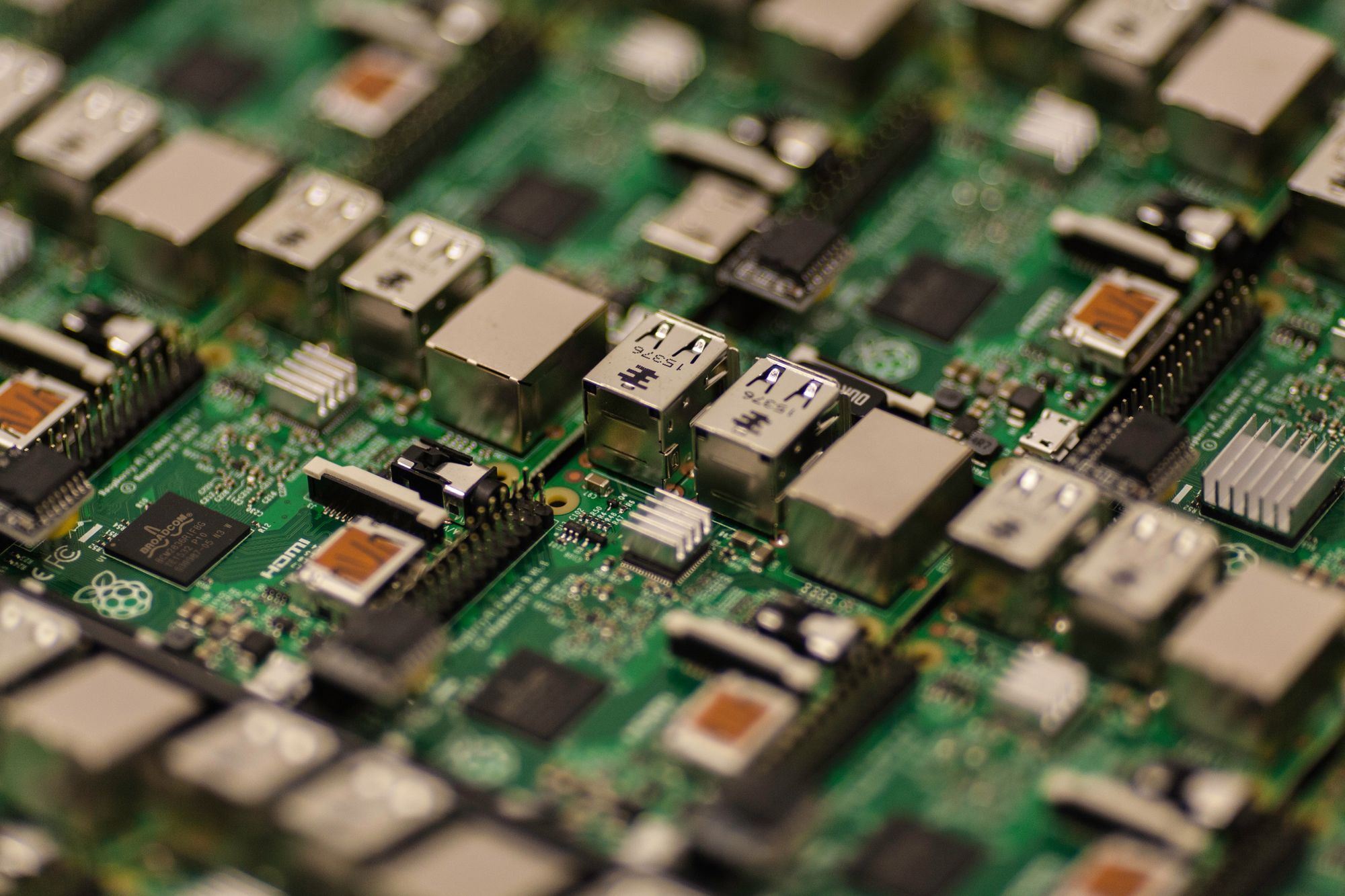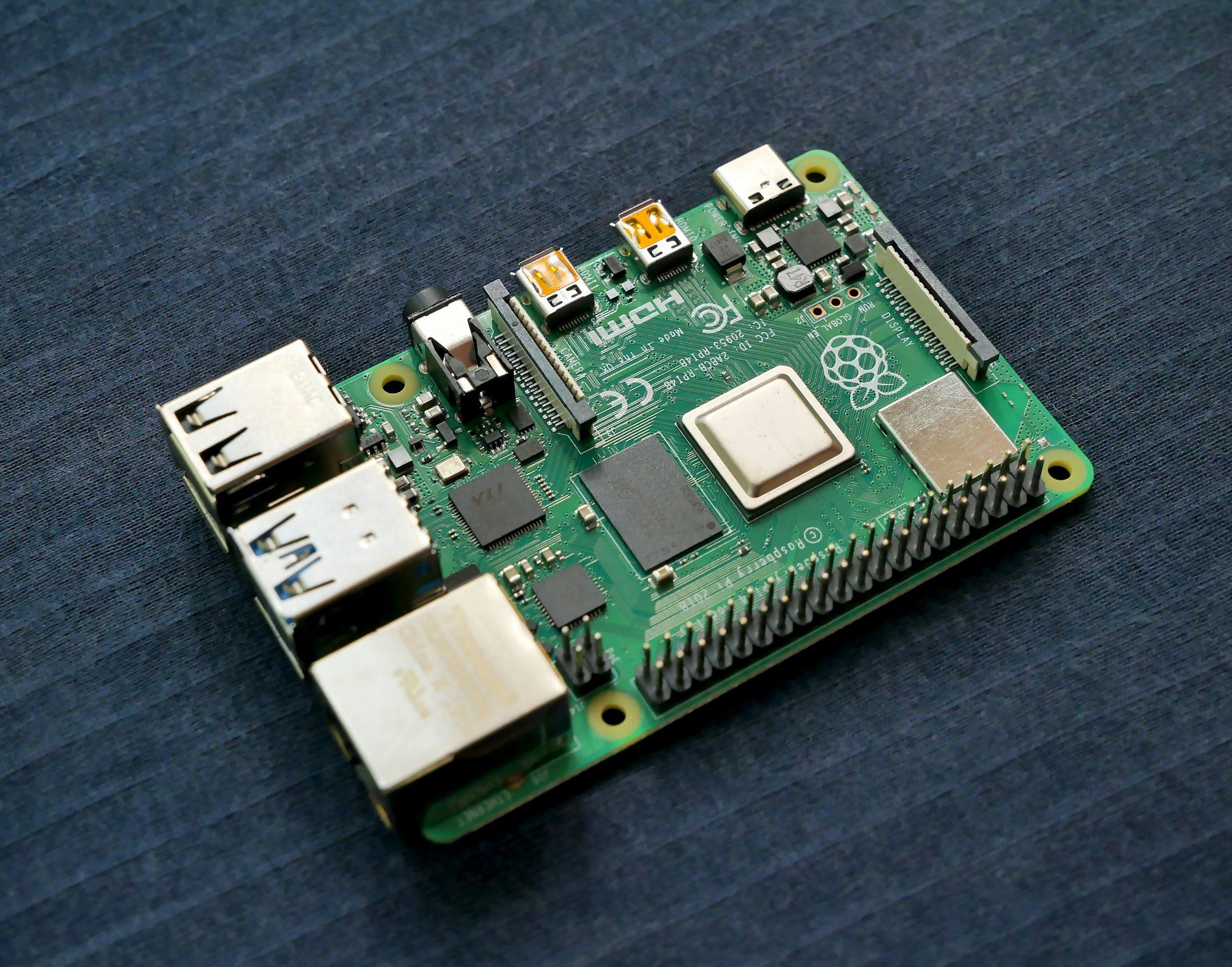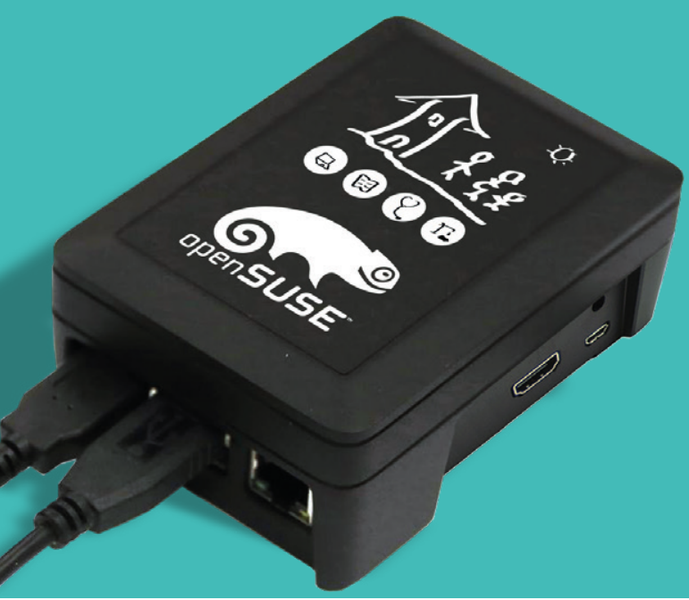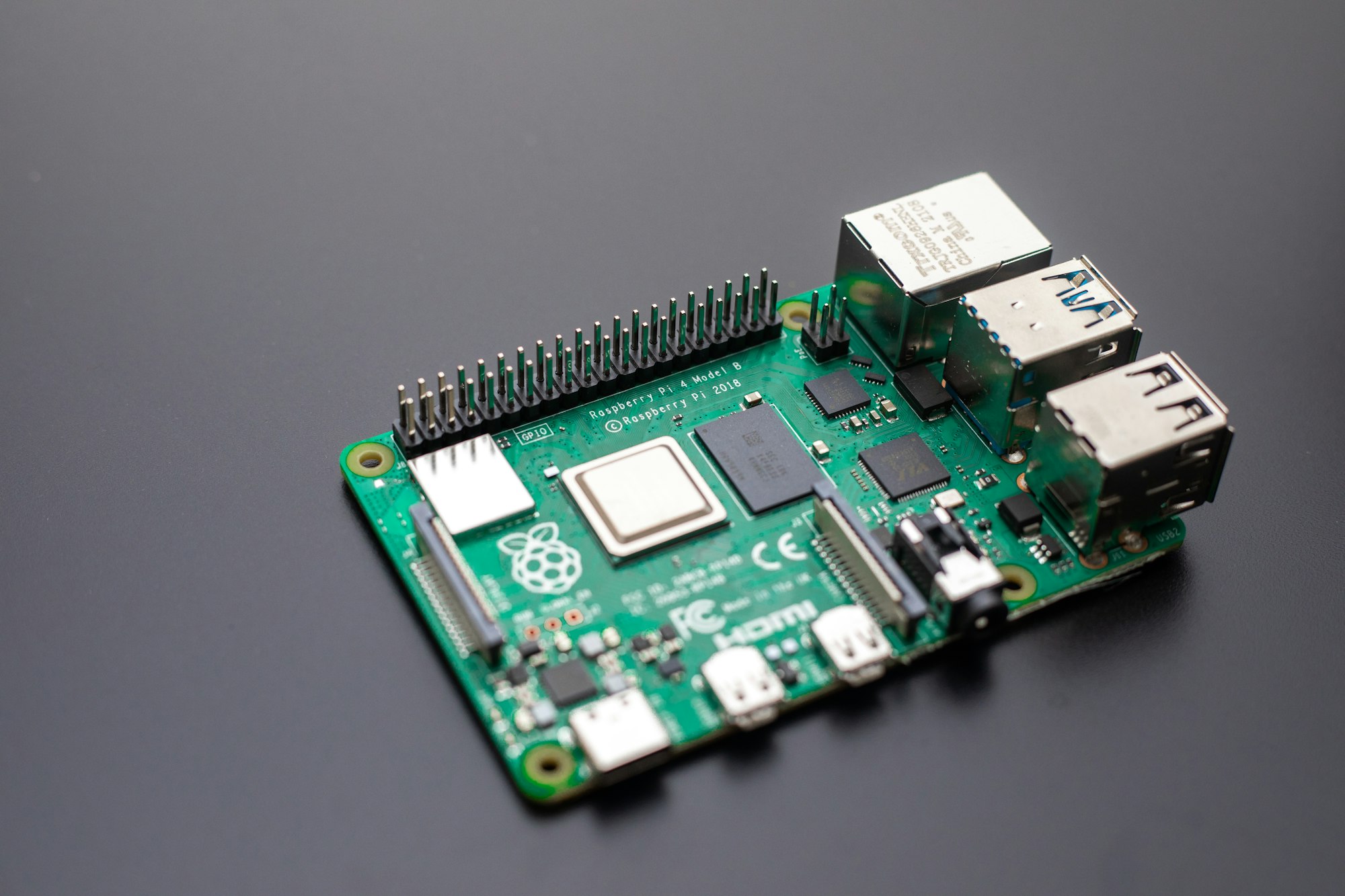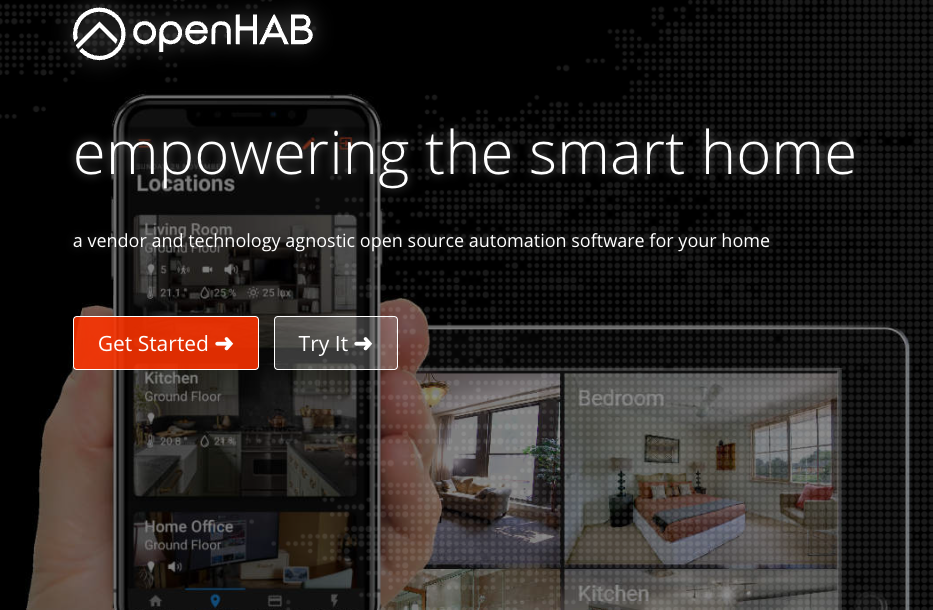Build Your Own Raspberry Pi Music Server: 14 Free Open-Source Solutions
Table of Content
Raspberry Pi is more than just a simple single-board computer—it can be used for a wide range of projects, from home security systems and robotics to even acting as a controller for a digital microscope.
It also serves as the foundation for complex systems, such as hospital and clinic management software, using tools like GNU Health.
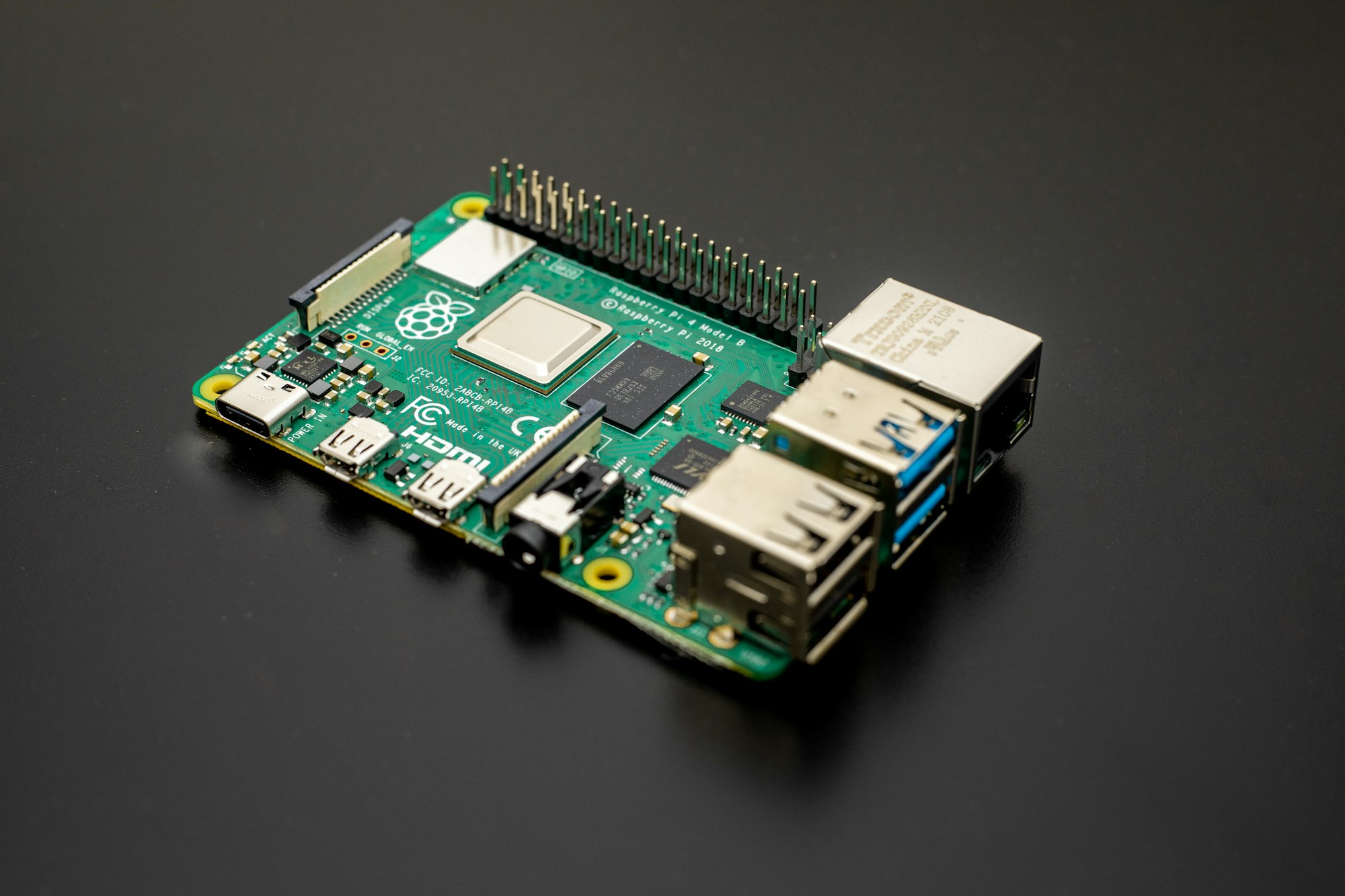
But did you know you can also use a Raspberry Pi to build your own music server and streaming system?
Thanks to several open-source projects, setting up a personal streaming box with Raspberry Pi is easy and affordable.
Our list include several project that fit different use-cases, as it include audio streaming server and custom images with
1- HiFiBerryOS
HiFiBerryOS is a minimal Linux distribution optimized for audio playback. Its primary focus is on delivering a seamless music listening experience by minimizing distractions and unnecessary settings. Unlike other systems that require users to adjust sample rates or file formats, HiFiBerryOS aims to simplify the process, allowing users to focus entirely on enjoying music.
Designed specifically for HiFiBerry audio hardware, it offers lightweight performance with just the essential features needed for high-quality playback.
It is built for Raspberry Pi and runs for Raspberry Pi Zero, P2, P3, and Raspberry Pi 4.
2- Pi Player
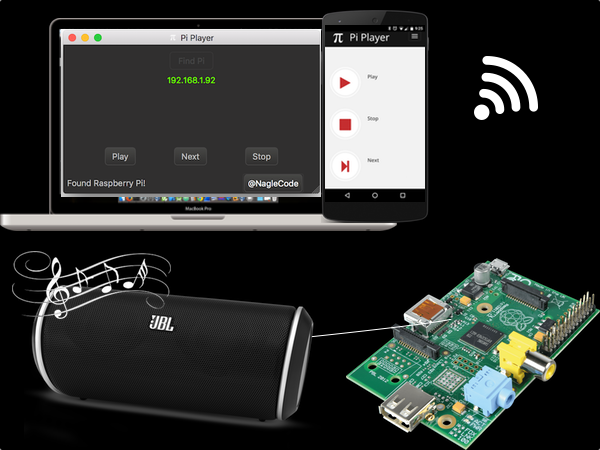
Pi Player transforms a Raspberry Pi into a network-controlled audio player with three components: a desktop app (built with Qt) for discovering and controlling the Pi, a web app (PHP, JavaScript, Bootstrap) for browser-based control, and a Pi service handling TCP/UDP requests to launch audio files.
The web app provides easy, installation-free control, making it ideal for presentations and mobile use.
3- Navidrome Music Server
Navidrome is an open-source self-hosted music server and streaming platform that provides a lightweight alternative to services like Spotify.
It supports multiple devices, users, and offers features such as multi-account creation, media transcoding, and integration with tools like FFmpeg. Navidrome is compatible with ARM-based systems, making it an excellent choice for Raspberry Pi.

You can run Navidrome on Raspberry Pi using Docker or by downloading the appropriate ARM version for your Pi model. It supports devices from Raspberry Pi 1 to Pi 4 and is known to perform efficiently, even on limited hardware like the Pi Zero. The server allows you to stream music from your local collection through a web interface, which is accessible from any device connected to your network.
Features
- Handles very large music collections
- Streams virtually any audio format available
- Reads and uses all your beautifully curated metadata
- Great support for compilations (Various Artists albums) and box sets (multi-disc albums)
- Multi-user, each user has their own play counts, playlists, favourites, etc...
- Very low resource usage
- Multi-platform, runs on macOS, Linux and Windows. Docker images are also provided
- Ready to use binaries for all major platforms, including Raspberry Pi
- Automatically monitors your library for changes, importing new files and reloading new metadata
- Themeable, modern and responsive Web interface based on Material UI
- Compatible with all Subsonic/Madsonic/Airsonic clients
- Transcoding on the fly. Can be set per user/player. Opus encoding is supported
- Translated to various languages
4- Pi Music Box
Pi MusicBox is the Swiss Army Knife of streaming music on the Raspberry Pi. With Pi MusicBox, you can create a cheap (Sonos-like) standalone streaming music player for Spotify and other online music services.
The project is archived and not receiving any update, but it is still usable.
Features
- Headless audio player based on Mopidy. Just connect your speakers or headphones - no need for a monitor.
- Quick and easy setup with no Linux knowledge required.
- Stream music from Spotify, SoundCloud, Google Music and YouTube.
- Listen to podcasts (with iTunes and Podder directories) as well as online radio (TuneIn, Dirble and Soma FM).
- Play MP3/OGG/FLAC/AAC music from your SD card, USB drives and network shares.
- Remote controllable with a choice of browser-interfaces or with an MPD-client (e.g. MPDroid for Android).
- AirTunes/AirPlay and DLNA streaming from your smartphone, tablet or computer.
- Support for all kinds of USB, HifiBerry and IQ Audio soundcards.
- Wi-Fi support (WPA, Raspbian supported Wi-Fi adapters only)
- Last.fm scrobbling.
- Spotify Connect support.
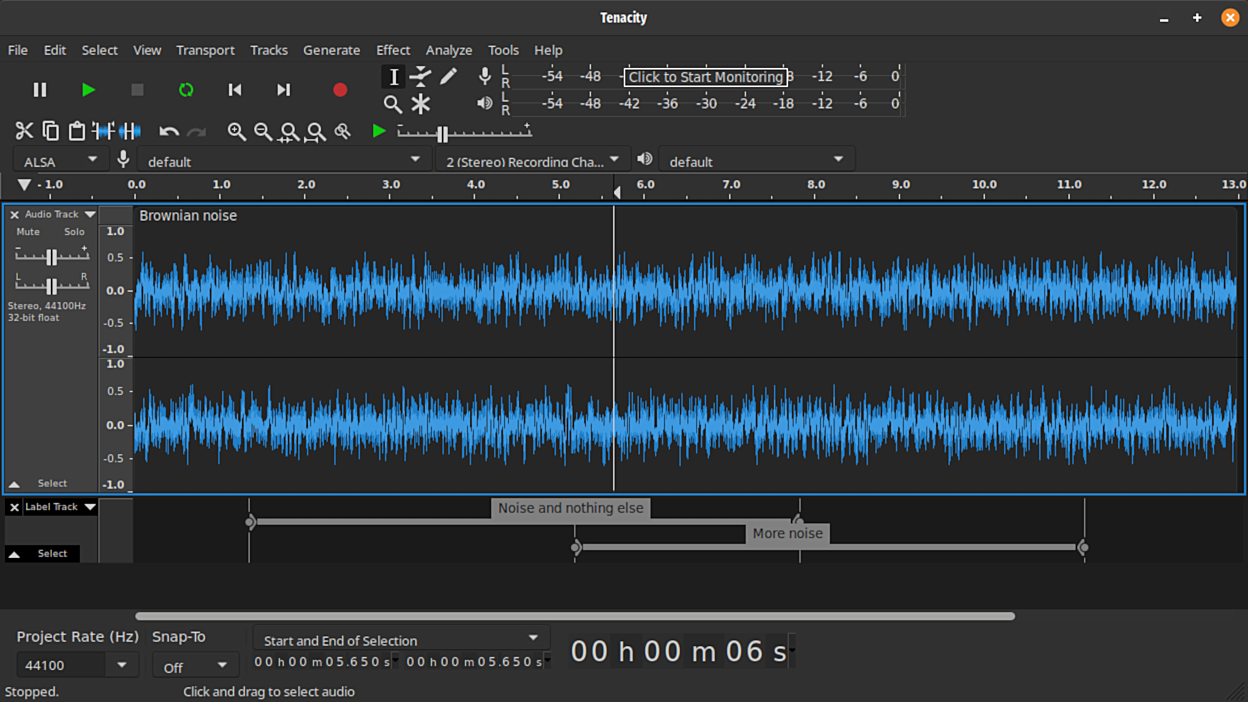
5- Phoniebox
Phoniebox is an open-source, contactless jukebox designed for Raspberry Pi, allowing users to play music, podcasts, audiobooks, web radio, live streams, and Spotify. It uses RFID cards, fobs, or stickers to trigger audio playback, making it easy for kids to operate.
The project requires no soldering and can be assembled with plug-and-play components. Phoniebox is accessible via Wi-Fi, allowing remote management through phones, tablets, or PCs.

6- Raspotify
Raspotify is a Debian package that wraps the librespot library into a systemd daemon, enabling Spotify Connect functionality on headless Raspberry Pi setups. It is ideal for audio streaming on Debian-based systems and works best without a desktop interface.
Librespot requires a Spotify Premium account to function. For more advanced audio solutions on Raspberry Pi, moOde™ audio player is recommended. On desktop OS, spotifyd is suggested as an alternative.
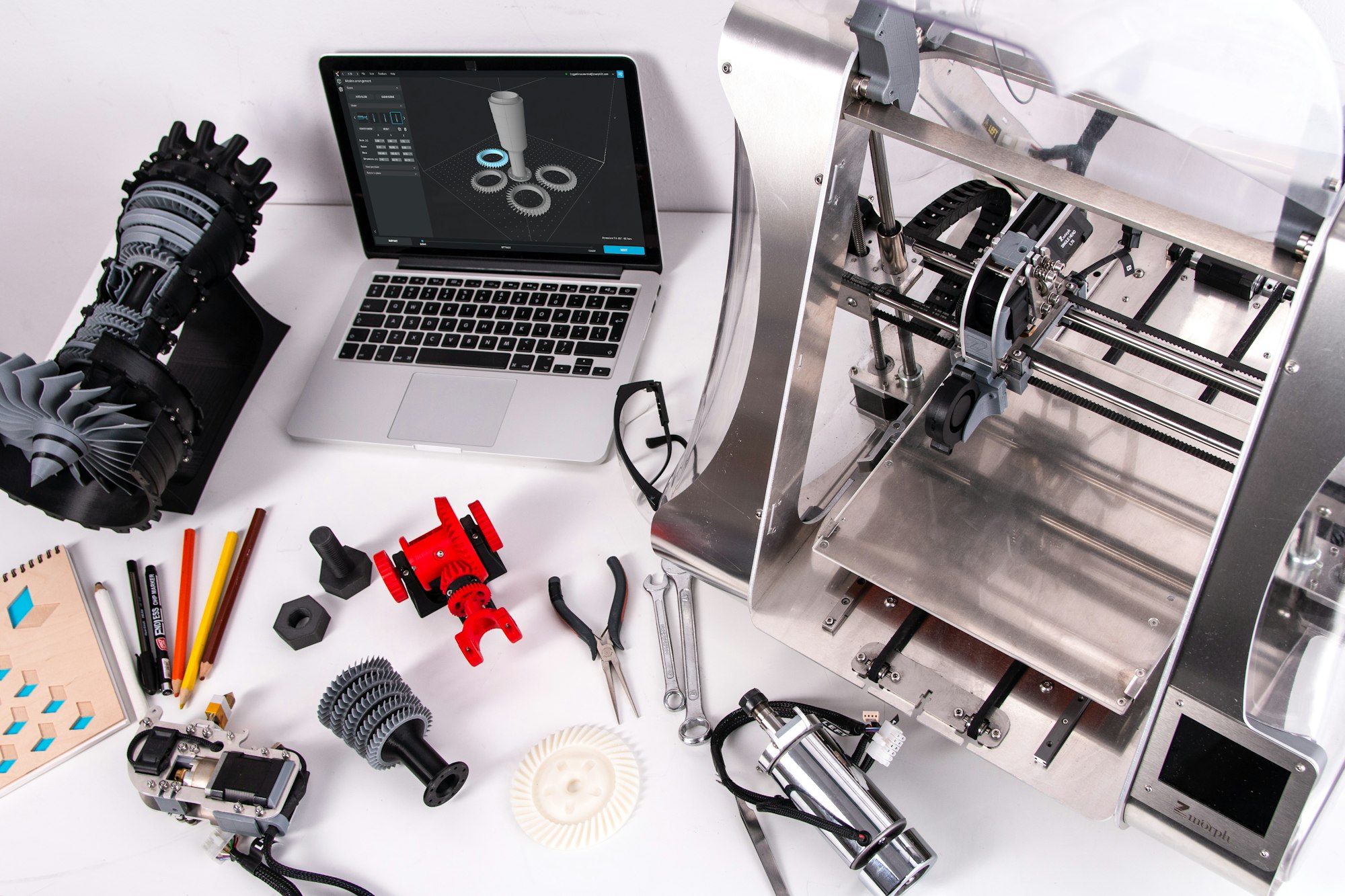
7- LMS - Lightweight Music Server
LMS is a self-hosted music streaming app, that allows you to access your music collection from anywhere using a web interface! It works smoothly on Linux systems as well as Raspberry Pi. It supports Music discovery, multi-library playback and albums.
8- musikcube
musikcube is a cross-platform, terminal-based audio engine, library, player and server written in c++.
musikcube compiles and runs easily on windows, macos and linux. it also runs well on a Raspberry pi with raspbian, and can be setup as a streaming audio server.
9- Mopidy
Mopidy is an extensible music server that supports local and online streaming services like Spotify, SoundCloud, and YouTube. It integrates with web-based and command-line clients, allowing remote control through browsers or apps. Mopidy's modular design makes it highly customizable with plugins for added functionality.
Mopidy works smoothly on Raspberry Pi. It can transform the Pi into a networked music player, enabling audio streaming across devices.
10- musicpi
This is a free and open-source collection of scripts for running a Raspberry Pi based music server.
Features
- Trimmed down standard Raspbian Wheezy system (~1.5 GB)
- Music collection stored on USB disk
- Additional music can be stored on a ramdisk temporarily
- File access via samba
- Music playback via MPD
- Audio streaming via gmediarender-resurrect (UPnP) and shairport (Airplay)
- Automount usb device with usbmount
- Use hostapd to provide own (unencrypted) wifi network for easy access and remote control of MPD
- Use RPi GPIO to signal system state changes with an LED and monitor a shutdown switch
- MPD web interface using ympd
- GPS location logging using gpxlogger (GPX) and gpspipe (NMEA)
- WiFi AP logging using iwlist scan or wpa_cli scan(_results)
11- RasPod
RasPod is a free open-source simple music server for Raspberry Pi.
12- RP Music Server
This open-source project enables you to transform a Raspberry Pi into a streaming/-file-server for your music with LMS (Lyrion/Logitech Media Server/ Squeezebox), Samba, Transmission, Syncthing, transcoder, etc. in a few simple steps.
13- OwnTone
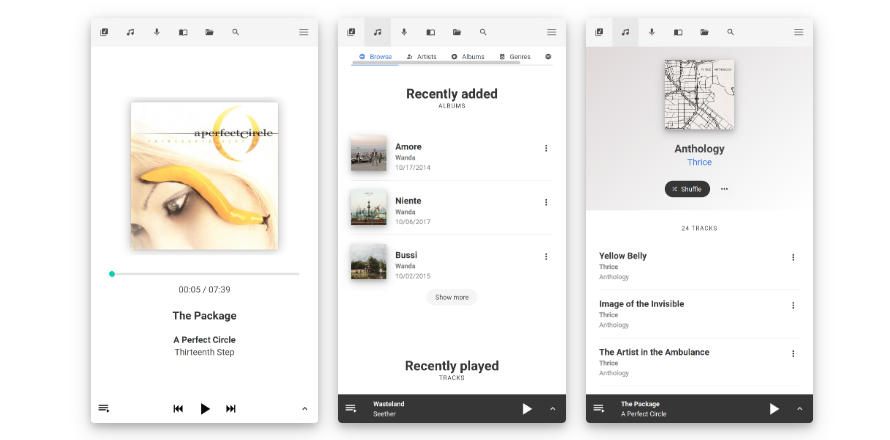
OwnTone is an open-source audio media server for GNU/Linux, Raspberry Pi, FreeBSD, and macOS. It streams and shares music, podcasts, and audiobooks to iTunes (DAAP), Roku, AirPlay devices, Chromecast, and more. It supports Spotify (Premium), local playback, and internet radio.
Control options include a web interface, Apple Remote, MPD clients, or JSON API. Originally known as forked-daapd, OwnTone offers multi-room playback and is written in C with a web UI built in Vue.js.
Features
- Stream to AirPlay (synchronized multiroom) and Chromecast devices
- Share local library with iTunes and Roku
- Local audio playback with ALSA or PulseAudio
- Supports multiple different clients:
- Remote apps like Apple Remote (iOS) or Retune (Android)
- Integrated mobile friendly web interface
- MPD clients
- Supports music and audiobook files, podcast files and RSS and internet radio
- Supports audio files in most formats
- Supports playing your Spotify library (requires Spotify premium account)
- Runs on low power devices like the Raspberry Pi
14- µStreamer
µStreamer is a lightweight, high-performance server designed to stream MJPEG video from V4L2 devices over the web. It supports multithreaded JPEG encoding, hardware acceleration on Raspberry Pi, and features such as dynamic resolution changes and traffic-saving frame skipping.
It offers robust streaming, even during device disconnections, and integrates well with systemd. µStreamer is part of the PiKVM project, ideal for streaming HDMI/ VGA screencasts. It improves on mjpg-streamer with faster performance, better device handling, and added features like UNIX socket streaming.
Further Readings


Spoti-Pi: a beginner's guide to SPOTIFY on the RASPBERRY PI
More cool stuff to build with Raspberry Pi


